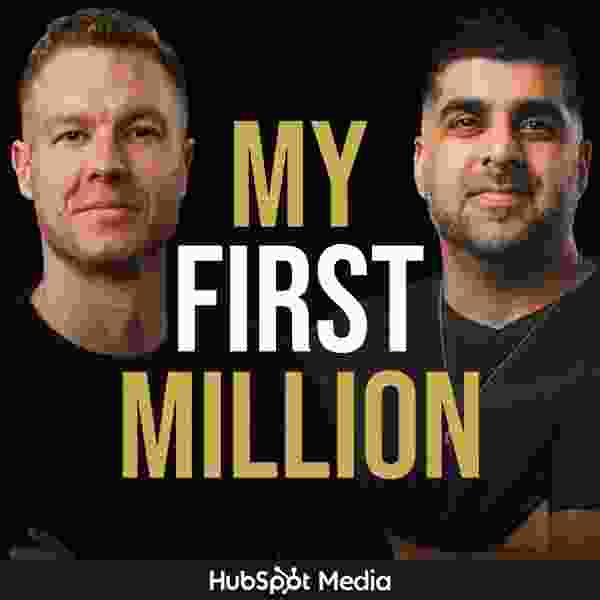












一个十五分钟的晨间仪式,轻松同步日常生活与商业世界。
这是一档由声动活泼出品的清晨播客节目,在工作日的早晨,为你带来与日常生活息息相关的商业科技轻解读,开启能量满满新一天。




Après les vidéos mindset sur podcast retrouvez-les en version audio, pour à tout moment vous remettre ces conseils et pensées motivantes.
Les mots qui résonnent nourrissent l'âme et la conscience et permettent d'observer un changement intérieur progressif.
Hébergé par Acast. Visitez acast.com/privacy pour plus d'informations.

Hey, I'm Chris Koerner - serial entrepreneur, business ideas addict, and your new ADHD business ideas best friend. I've started 75 businesses, with 10 of them being worth 7-8+ figures. I love startup ideas!
Want to make money, grow a business, or just start a side hustle? You're in the right spot.
This show covers:
- Real-world growth hacking tips
- Deep dives into cool business ideas and AI tools.
- Simple business advice for small business & startups
- Ways to make money with side hustles and home services
- How to invest in RV parks or mobile home parks
Sometimes I'll chat with another entrepreneur buddy, sometimes I'll go solo.
I've built lots of companies, run multiple businesses, and made tons of mistakes (so you don't have to).
If you love entrepreneurship, marketing, business ideas or agency life, this show is for you.
Let's make you some money with cool business ideas! Find me at TKOPOD.COM
Chris Koerner of The Koerner Office


Captivating PODcast that delves into the world of entrepreneurship, career, branding, marketing and real-life challenges by @misshamilton & @temia55!